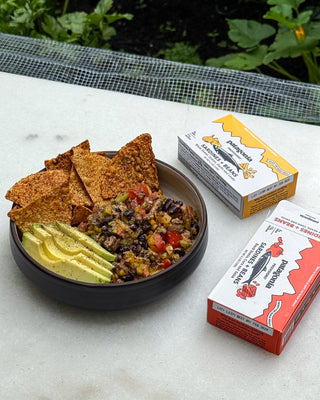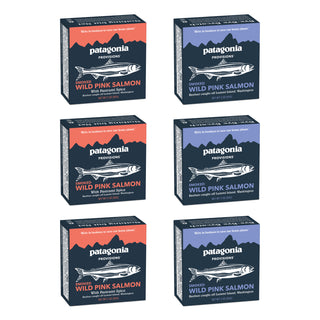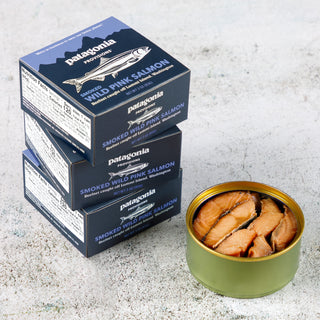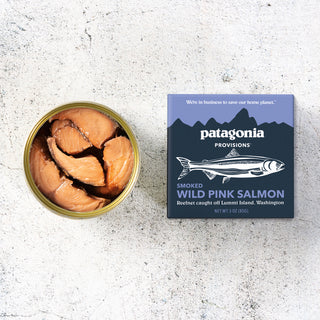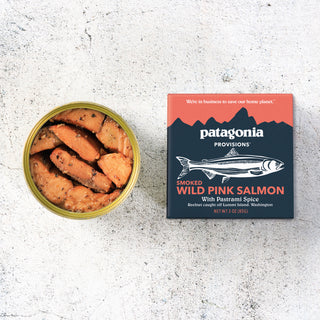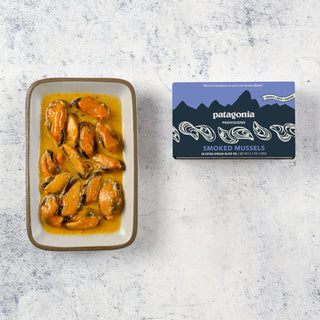The more we learn about the gut microbiome, the more we understand that it’s key to our overall health. The gut is home to the largest part of our immune system, many of our hormones, and nearly all our serotonin, a critical neurotransmitter that affects mood and sleep. It’s also home to trillions of microbes, which interact with all parts of our gut.
Knowing this, what can we do to heal and maintain gut health? What constitutes an ideal microbiome diet? Here are a few rules to live by:
1. Diversify Your Diet
Just like humans, different microbes in your gut have different dietary preferences, so it’s important to eat foods that feed all of them. “As in any ecosystem, the health of the microbiome is determined by the diversity and abundance of its species,” says UCLA professor Emeran Mayer, MD, author of The Gut-Immune Connection. “The greater the diversity, the more resilient it is and the more resistant to disease.” A more diverse diet spurs population booms of many different types of gut microbes, including gut bacteria, archaea and eukarya—and therefore improves intestinal health.
2. Eat Foods Grown in Healthy, Organic Soil
Microbe-rich, living soil, as opposed to dirt that’s full of synthetic fertilizers, helps plants produce molecules called polyphenols that help restore your gut microbiome naturally. Look for organic food in the grocery store or farmers’ market—or, if you’re a backyard gardener, raise your vegetables organically.
“Within a healthy soil microbiome, soil microbes interact with the roots of plants, stimulating them to produce health-promoting and disease-fighting molecules—in particular the polyphenols.”
- Emeran A. Mayer, MD, UCLA
3. Eat Plant
The bacteria in your gut crave fiber, and plants have it! Eating a range of plants like legumes, fruits, vegetables, berries, spices and roots is the best boost for your gut health. Even better is eating plants in season, since they tend to have higher nutrient density than plants grown out of season.
6. Steer Clear of Industrial Meat

Industrial meat producers routinely give antibiotics to their livestock to prevent and treat illness. This regular exposure changes the animals’ gut microbiomes. It also changes ours when we eat those animals, suppressing the diversity and abundance of our own gut microbes. Eating organic, antibiotic-free meat is better for a balanced microbiome.
7. Avoid White Flour and Sugar
These highly processed carbs are not good for your gut. They’re rapidly absorbed in the first part of your small intestine, thereby starving the majority of microbes in the rest of your gut.
8. Eat Anti-Inflammatory Foods
Try to regularly consume foods with known anti-inflammatory properties, like turmeric and ginger. Some studies show that these can counteract low-grade immune activation—so-called metabolic toxemia—which is implicated in the development of chronic diseases, including chronic fatigue and depression.
9. Regularly Consume Fermented Foods
Fermented foods contain live microbes, or probiotics, that can help invigorate your gut microbiome and stave off serious health problems like asthma and Alzheimer’s, says nutritionist David S. Ludwig in a recent Harvard Health Publishing article. Eating fermented foods from early childhood is especially beneficial since it “trains” the immune system to interact with complex populations of microbes. That said, here’s a healthy gut tip: regularly eating fermented foods will benefit you regardless of your age.
11. Consistency Is Key
It’s easier to keep your gut microbiome healthy than to restore it. Regularly consuming diverse, probiotic foods (including lots of plants) is your best bet for achieving optimal gut health. Don’t let your gut microbiome down and it won’t let you down!

